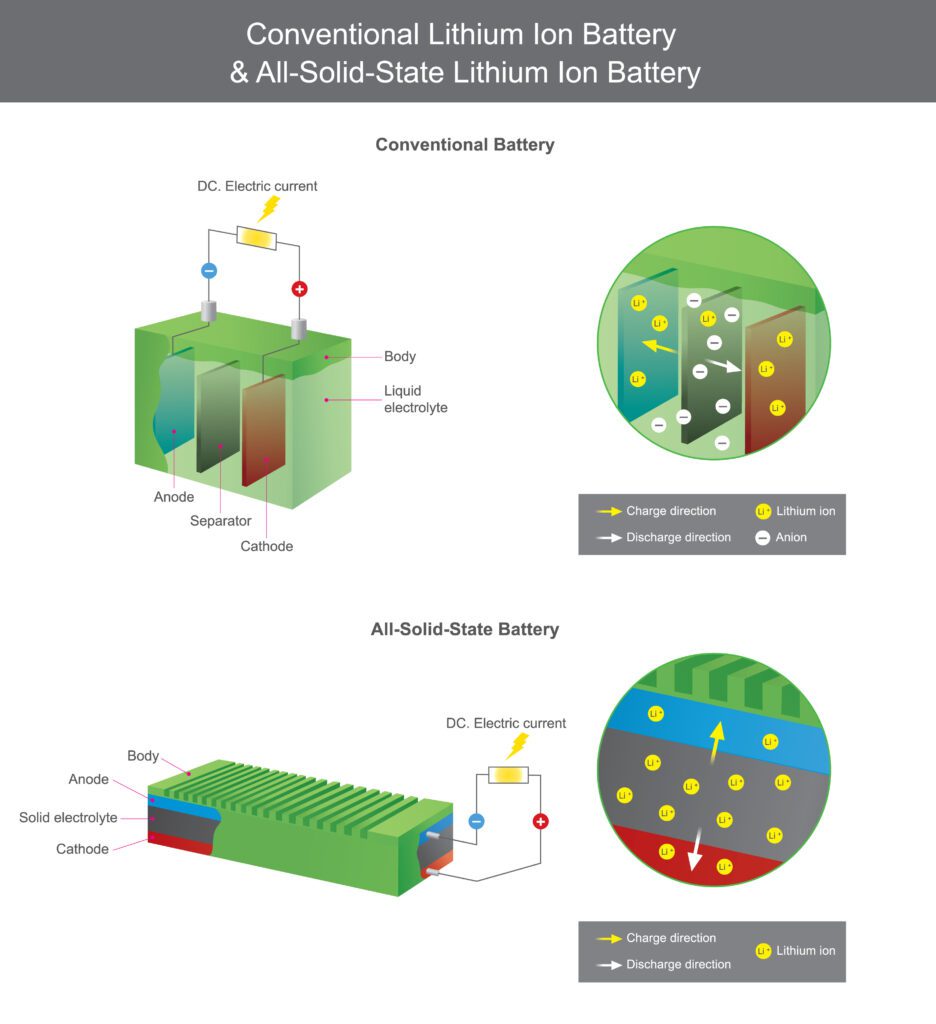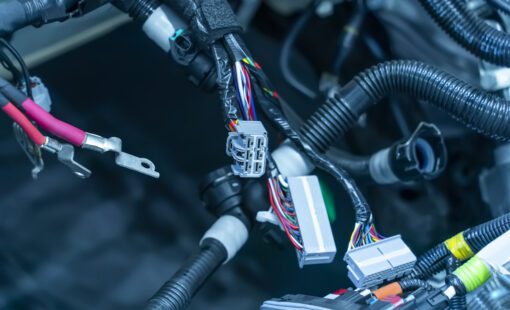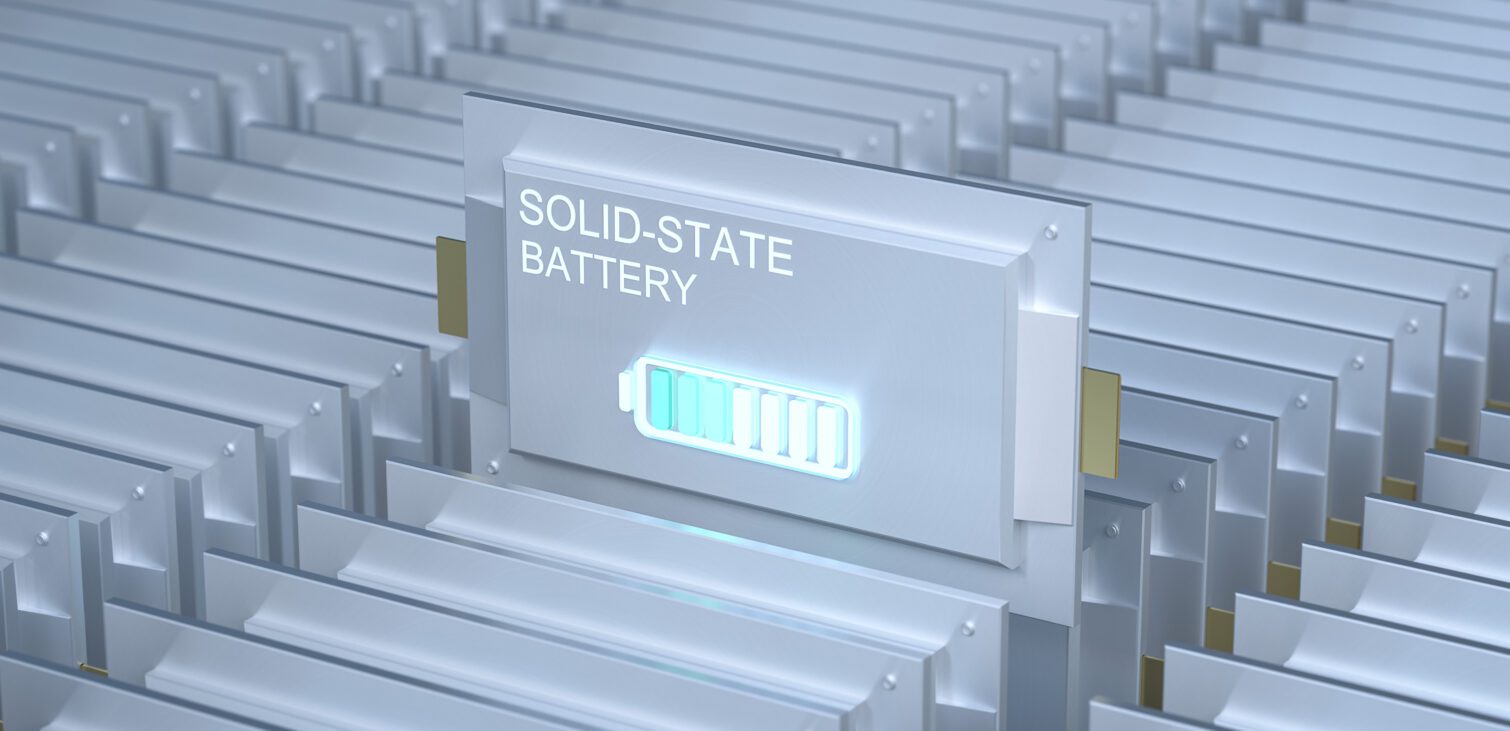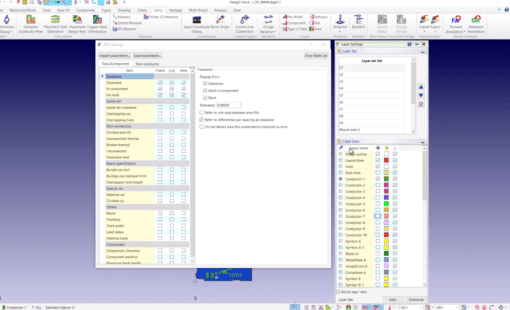In the rapidly evolving electric vehicle (EV) marketplace, the hunt for more efficient and longer-lasting batteries is a top priority. Solid-state batteries have emerged as a promising technology that has the potential to revolutionize how we power electric vehicles. In this post, we’ll look into the technological advancements driving these batteries and explore how Zuken’s E3.series plays a pivotal role in harnessing these advancements for EV design and manufacturing.
A Background on Solid-State Batteries
Solid-state batteries represent a significant leap forward in battery technology, primarily due to their composition and operational principles.
Unlike conventional lithium-ion batteries dependent on a liquid electrolyte, solid-state batteries are based on solid electrolytes. The solid electrolyte’s first advantage is its increased levels of stability when compared to its liquid counterparts. This stability significantly reduces the risk of battery fires and thermal runaway—a common concern in EVs. A higher degree of safety alone makes them an attractive option for electric vehicles.

Energy density is an additional key advantage. These batteries have the potential to store more energy in the same volume, translating to longer driving ranges for EVs on a single charge. This addresses a prevalent consumer concern about EV adoption—range anxiety. Furthermore, these batteries can endure more charge cycles, extending their lifespan and reducing the environmental impact associated with battery disposal.
However, there are challenges for transitioning into the mainstream.
Currently, manufacturing complexities and costs are higher than for traditional lithium-ion batteries. Research and development are ongoing to streamline production processes, seeking cost-effective materials for the solid electrolyte and its additional components. After overcoming these obstacles, solid-state batteries could benefit EVs and influence broader applications in energy storage and portable electronics.
Zuken’s E3.series in Solid-State Battery Development
Zuken’s E3.series is well-equipped to face the challenge of designing EVs incorporating solid-state batteries.
E3.series is a comprehensive electrical wiring, control systems, and fluid engineering software suite. It is particularly adept at handling the complexities associated with integrating advanced battery technologies in vehicle designs.
Zuken’s E3.series is going to be crucial for the development of solid-state battery systems. (Source: Zuken).
A defining feature of E3.series is its ability to manage complex electrical schematics and wire harness designs. Solid-state batteries require intricate wiring and control systems to safely manage their high energy densities. E3.series offers a powerful toolset for efficiently designing these systems. Its ability to simulate electrical behavior and load capacities ensures that engineers can preemptively address potential issues, reducing the risk of costly redesigns.
Additionally, the integration capabilities of E3.series are crucial for EVs employing solid-state batteries. The software seamlessly integrates battery management systems, encompassing the vehicle’s overall electrical architecture. This integration is vital for optimizing battery performance, ensuring safety, and enhancing a vehicle’s energy efficiency.
By providing a holistic view of the vehicle’s electrical systems, E3.series aids engineers in making informed design decisions, ultimately contributing to the creation of safer, more efficient, and reliable electric vehicles.
Powering the EV Revolution
The future of electric vehicles is directly linked to the advancements in battery technology, with solid-state batteries leading the charge. With the promise of enhanced safety, higher energy densities, and longer lifespans, these batteries are addressing key consumer concerns and pushing the boundaries of possibility in EV technology. As the industry navigates the challenges of integrating these batteries into electric vehicles, tools like Zuken’s E3.series will be essential. They streamline the design and manufacturing process, ensuring they reach their full potential in the next generation of electric vehicles.
Related Products and Resources

- Blog

- Blog

- Blog

- Products
E3.series is a Windows-based, scalable, easy-to-learn system for the design of wiring and control systems, hydraulics and pneumatics. The out-of-the-box solution includes schematic (for circuit and fluid diagrams), cable (for advanced electrical and fluid design), panel (for cabinet and panel layout), and formboard (for 1:1 wiring harness manufacturing drawings). Integrated with MCAD, E3.series is a complete design engineering solution from concept through physical realization and manufacturing output.





